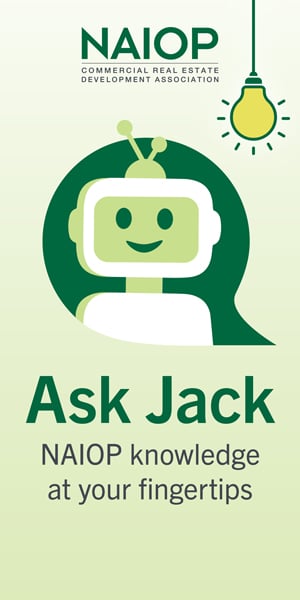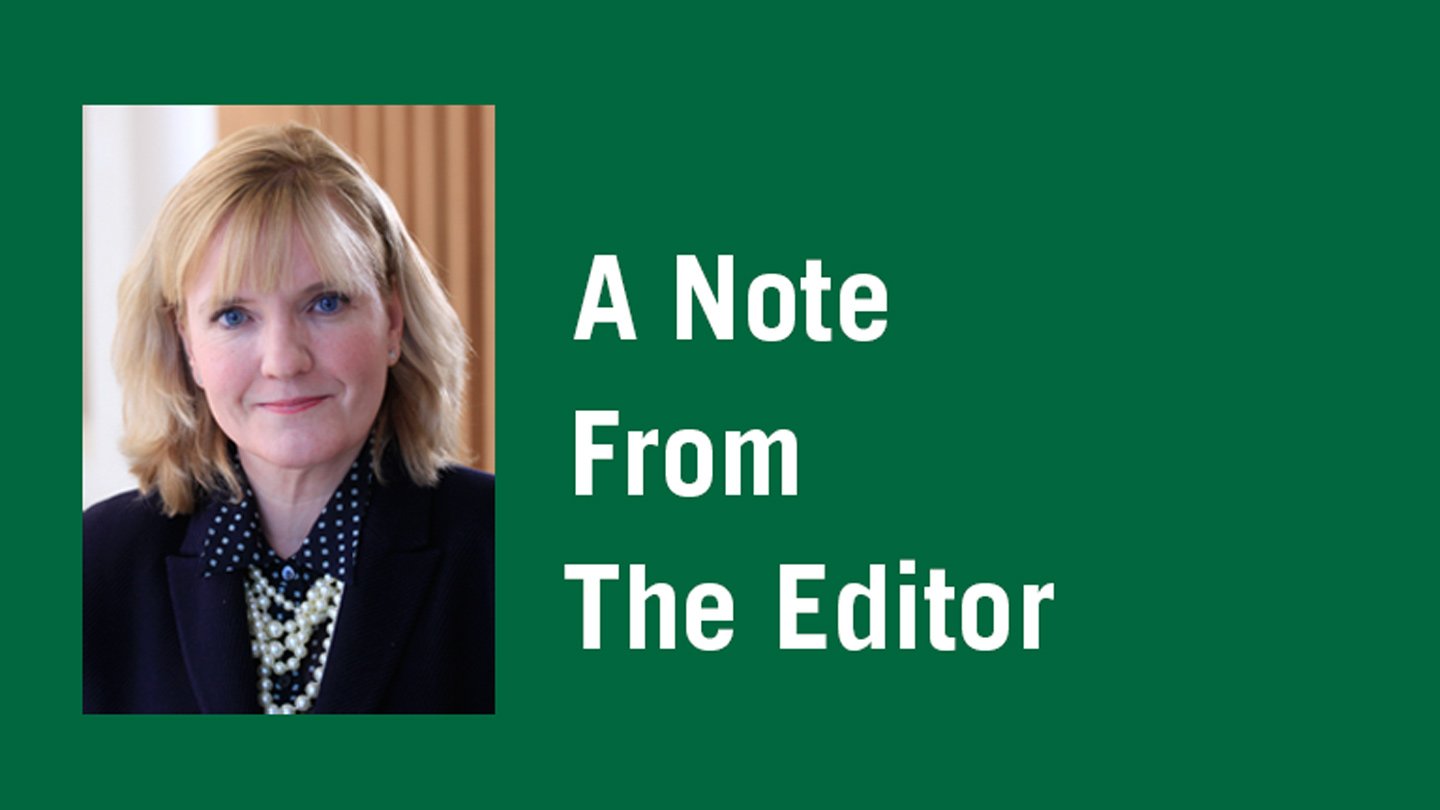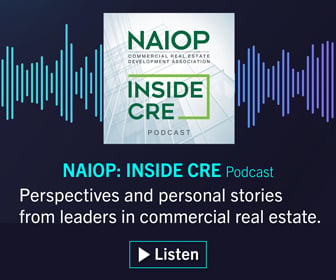Asset Managers Can Play a Key Role in Tenants' Return-to-Workplace Plans

A new framework for mitigating disease in the office focuses on air quality, changing behaviors and building occupant trust.
The COVID-19 pandemic has redefined the role that office landlords play in creating safe, healthy work environments. While most office workers packed up their laptops and headed home to ride out the pandemic, building owners and property managers had to pivot quickly to elevate safety measures for the essential workers who remained, in an environment with fast-changing public health guidelines. Now, they face the next stage of recovery — ensuring tenants feel comfortable returning to the workplace as vaccination rates increase.
The landlords that return their buildings to thriving, active communities will be those that expand the definition of their role to also become socially minded strategists charged with creating safe and healthy environments, setting the stage for tenants to safely return to the workplace. Positioned at the forefront of containing future outbreaks while enabling businesses to resume activity, the responsible asset manager has become the tenants’ partner in their return-to-workplace strategy.
Many of the world’s top building owners embrace this redefined role — in fact, they’re thinking beyond their own assets and coming together as an industry to create new standards for preventing the spread of disease in commercial buildings. In 2020, BentallGreenOak and several other companies came together with academic advisers and Fitwel — a leading global certification for health and wellness in the built environment — to create the Fitwel Viral Response Module, a framework for mitigating the spread of contagious diseases within buildings.
The Viral Response Module requires that owners take steps to enhance indoor environments, encourage behavior change and build occupant trust, and it offers valuable guidance for asset managers looking to protect occupant health and safety.
Enhance Indoor Environments
The pandemic has put a spotlight on the importance of proper ventilation and filtration systems, not to mention cleanliness. Air quality is the most important factor in helping U.S. employees feel comfortable returning to the workplace, according to a recent study by office furniture maker Steelcase. Adherence to safety protocols and facility cleanliness ranked closely behind.
As businesses strive to help employees feel safe in their workspaces, building owners should be prepared to provide clear evidence of the steps they are taking to enhance indoor air quality, as well as cleaning, disinfecting and maintenance protocols.
For example, BentallGreenOak engaged UL, a global leader in safety science and testing, to investigate the indoor environment of all Fitwel-certified assets. The evaluation, which included HVAC hygiene, filtration, ventilation, indoor air quality, water quality and janitorial efficacy, identified areas for improvement, such as adjusting air pressure in certain building areas.
Enhanced indoor environments will provide lasting benefits long after the threat from the pandemic has subsided. The air we breathe has never been more closely scrutinized, and the measures that asset managers take are an important first line of defense that tenants and their employees will be examining.
Encourage Behavior Change
Even the best air filters and the most responsive, detail-oriented janitorial team can’t stop the spread of disease if building occupants don’t do their part, too. Responsible asset managers are extending their reach into the operations realm to understand and implement policies that encourage safe behavior among all individuals who enter their building. The promotion of healthy practices such as social distancing and hand hygiene through signage and the availability of hand sanitizer in common areas establishes important new norms that can also carry over into tenant spaces.
Most building owners are now directly involved in setting guidelines for the requirement of personal protective equipment (PPE) in common areas. As vaccines increasingly help slow viral transmission, more states and municipalities will roll back mask mandates in their buildings, which can introduce complications for building owners.
An approach that defers to an abundance of caution informed by science should be the source that governs rules around PPE usage so tenants understand both the motive and the expectation.
Build Occupant Trust
Trust is essential to successful workplace re-entry. Office workers must trust that their employer is doing everything possible to prioritize their health. And company leaders, in turn, must trust that their landlord is taking every possible step to sustain a healthy building environment.
A well-maintained building goes a long way toward building trust. Research conducted by CfAD found that signs of disorder, such as poorly maintained greenery and the presence of litter, are associated with decreased civic trust. That concept extends to the workplace. Employees will feel more secure when they see that a property management team prioritizes frequent sanitation of surfaces, keeps up the general building appearance, regularly empties trash and ensures personal hygiene supplies are fully stocked.
Beyond day-to-day facilities management, tenants want to know that their landlord has plans in place in the event of a virus outbreak in the building. What steps will the property management team take to contain an outbreak, and how will they communicate with building tenants? The experience of the past year has made it clear that every asset manager must be prepared to answer these questions through clear and intentional communications. Proactive and timely communications will help tenants understand these landlord-driven initiatives and make important strides toward building confidence and trust.
Key Steps for Fitwel Viral Response Certification
Asset managers that wish to achieve Fitwel Viral Response Certification should expect a two-step process. The first step, Entity-level Certification, involves establishing entity-level policies that apply to a group of properties. For example, BentallGreenOak developed policies that applied to its U.S. office portfolio, which were certified by CfAD in a six-week, double-blind review process. After achieving entity-level certification, the manager can seek Asset-level Approval to verify that the strategies have been put into practice.
Go Beyond Checking the Box
Frameworks such as the Fitwel Virus Response Module offer helpful guidance on best practices for maintaining healthy buildings. Yet even when every box has been checked, a building’s tenants may have unique needs and concerns that go beyond the industry standard. Maintaining high satisfaction requires listening to tenants and partnering to create an environment where people feel safe.
The tenant-landlord relationship is a partnership, and in the current state of the space markets, asset managers are the power brokers in establishing trust where and when it is most needed. The role of the asset manager has evolved to become a social ally for tenants in a shared experience, unlike any other, that binds both our physical safety and commercial well-being to one another.
Rob Naso is the head of U.S. asset management with BentallGreenOak.
Viral Response StrategiesFitwel’s Viral Response Module requires companies to follow these baseline strategies to mitigate the spread of infectious respiratory diseases: Enhance Indoor Environments
Encourage Behavioral Change
Build Occupant Trust
*MR = minimum requirement |








